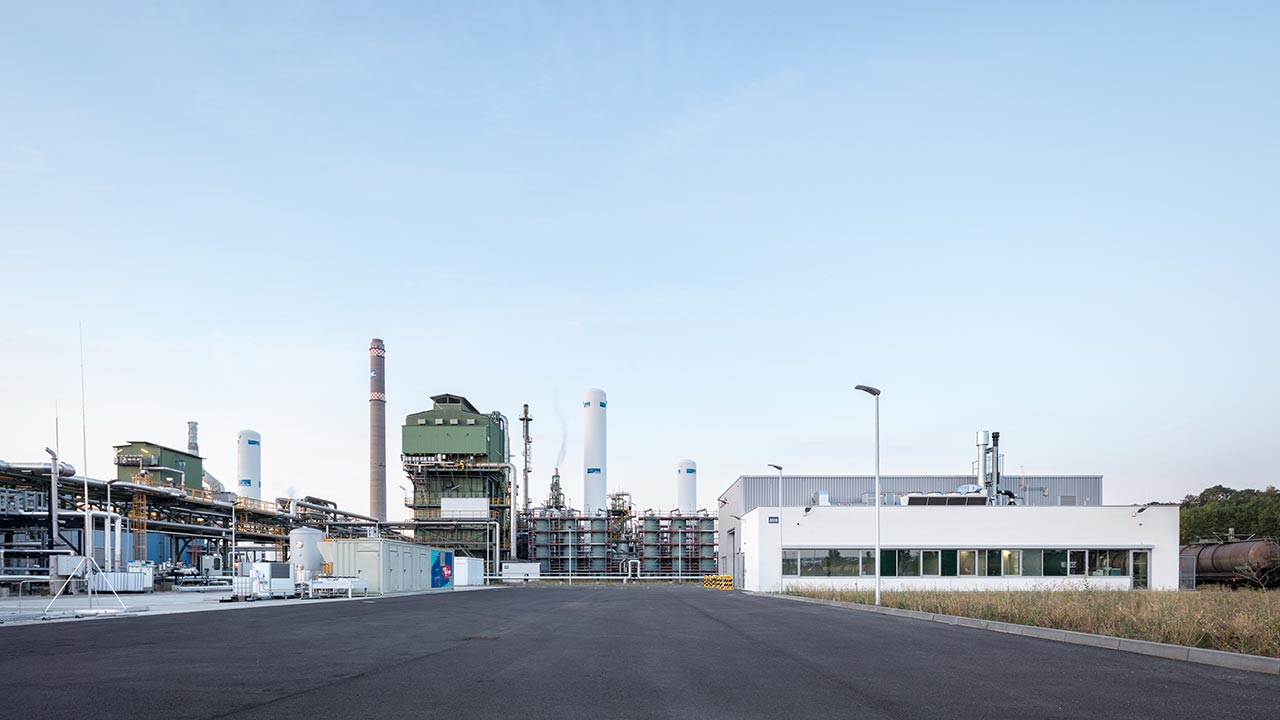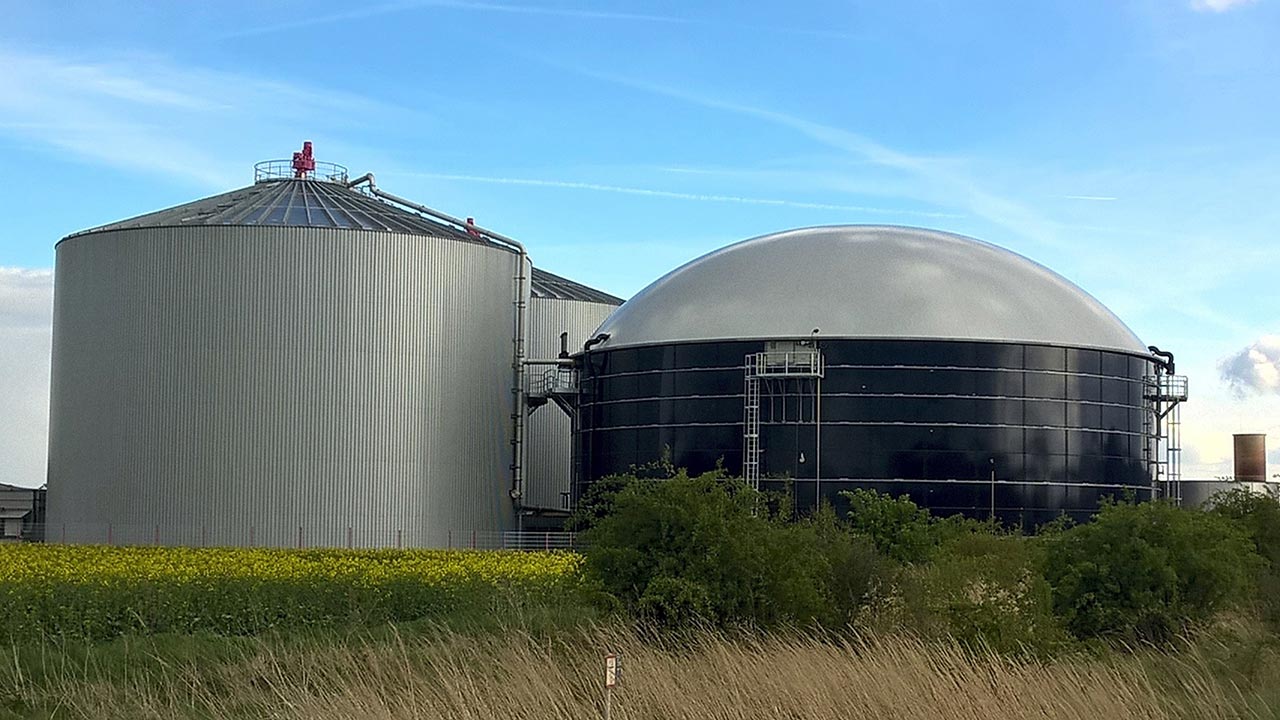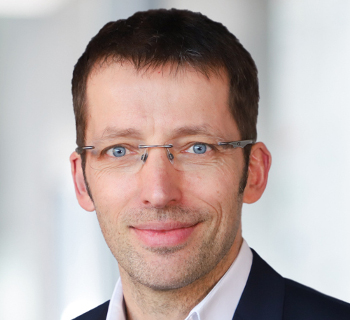Green methanol on its way to mass production
In the Leuna100 project, the partners involved want to combine technological innovations into a process suitable for industrial use.

"In 1923, the world's first commercial methanol plant was built in Leuna. We now build on this success story by completely reinventing the process of methanol production at the same site exactly 100 years later." This is how Christoph Zehe from the climate tech start-up C1 describes the Leuna100 project that has just been launched, in which those involved want to develop a process for producing green methanol that is suitable for industrial use. The German Federal Ministry of Transport is funding the project with 10.4 million euros over three years.
Green methanol for the shipping industry
Methanol is considered green if it is produced from biogenic raw materials or CO2. It is likely to be particularly relevant for the traffic turnaround in shipping: Unlike in road transport, experts assume that fuel-powered internal combustion engines are often difficult to replace here. Indeed, a look at developments in shipbuilding shows that methanol has so far been favored as a sustainable energy source. The first ships of this design have already left the shipyards.
However, up to now, methanol has mainly been produced from fossil raw materials, natural gas or coal. This cannot replace the approximately 1.1 billion tons of CO2 that shipping causes every year. The situation would be different if green methanol were used. Research has already developed numerous individual technologies for this purpose.
A worldwide unique catalytic process
In the Leuna100 project, these individual steps are now to be developed into an efficient and coordinated process on an industrial scale. The Fraunhofer Institute for Wind Energy Systems IWES, the Fraunhofer Institute for Environmental, Safety and Energy Technology UMSICHT, the DBI-Gastechnologisches Institut gGmbH Freiberg, the Technical University of Berlin and the project-leading start-up C1 are involved. C1 has developed a special catalytic process with a highly efficient catalyst that can be used to produce green methanol particularly economically. It is the world's first process that takes place three-dimensionally in the liquid phase.
"There is currently a great deal of momentum in the field of renewable fuels, with many individual innovations," reports Michael Seirig from IWES. However, they all need to be linked in order to really enable a large-scale market ramp-up. "Many different steps in the production of regenerative fuels can be electrified and thus converted to renewable energies. In practice, however, the defossilization of production not only requires the enabling of individual sub-steps, but the coupling and load-bearing operation as a whole.” This should now succeed in the Leuna Chemical Park.
Alternatives not yet ready for large-scale production
What about other biogenic fuels? "Regenerative fuels based on green hydrogen and CO2 offer an alternative, but are not yet ready for the market ramp-up," says Kai Puring from UMSICHT. "This is exactly where the 'Leuna100' project comes in, in which we innovate the entire process chain from CO2 to methanol and thus establish the cheapest process for the production of green methanol."
bl


